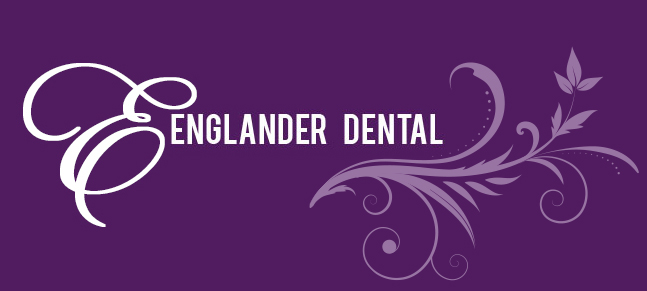Welcome to Englander Dental!
We’re told over and over again that you notice the difference from the moment you walk through our doors of Englander Dental. And, we assure you that your experience will be nothing less. From the warm a greeting upon arrival to our many patient amenities, we do our best to make sure you feel welcome and at ease.
Following a comprehensive exam, we will define a treatment plan sensitive to your needs, budget and schedule. With thoroughly-diagnosed and properly prioritized treatment, and if you’re motivated to maintain your oral health in the interim, even the most extensive cases can be staged out over time and still fit within your dental budget.

Scheduling Your First Visit
To schedule your appointment, click here to request an appointment or call our office at (612) 926-2100. One of our helpful patient coordinators will be happy to assist you.

Emergency Care
If you have a dental emergency and need immediate attention, please call our office at (612) 926-2100. We will help you get care as soon as possible.

Flexible Financing Options
Dental treatment is an excellent investment and it is important to be able to schedule treatment and care right away. So that financial considerations should not be an obstacle to obtaining the care you deserve, we offer several financial options. Visit our Patient Center for information about flexible financing options and dental insurance.
Do Not Hesitate To Ask Us Any Questions.
Office Hours:
Monday 8 am – 6pm
Tuesday 8 am – 6 pm
Wednesday 8 am – 5 pm
Thursday 8 am – 5 pm
Friday 8 am – 1 pm
Contact Info:
3801 West 50th Street
Edina, MN 55410
(612) 926-2100

Don’t See An Answer To Your Question?
A member of our friendly team would be happy to help. Please call us at (612) 926-2100 .
Are You New To Our Office?
Well, welcome! Please visit our New Patients page for a proper welcome!
